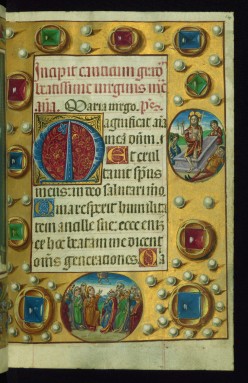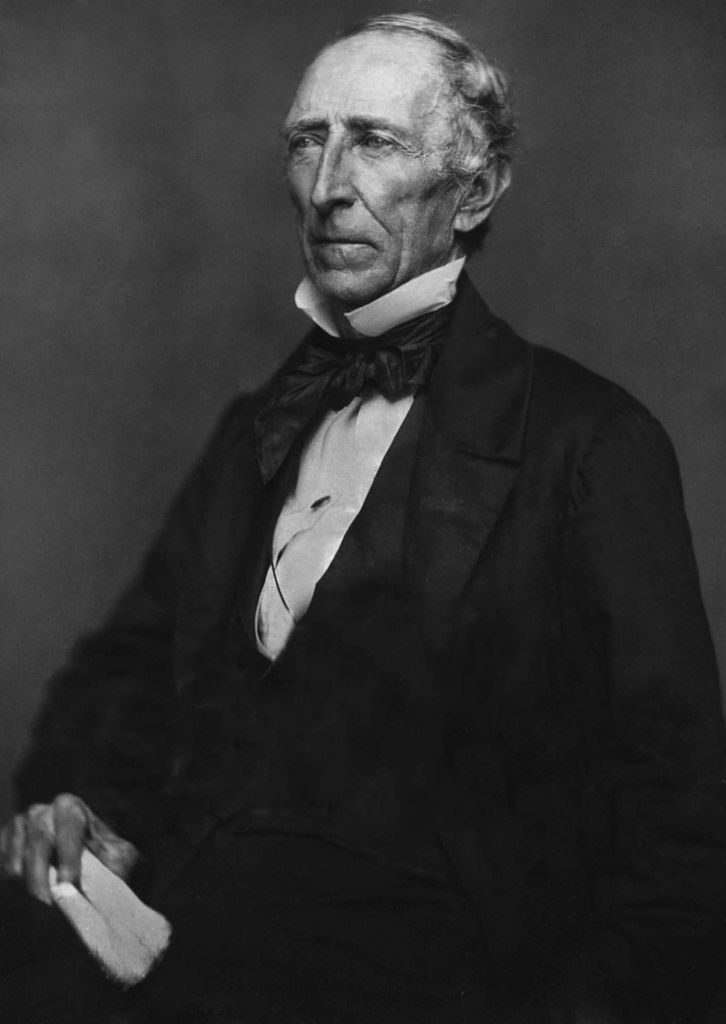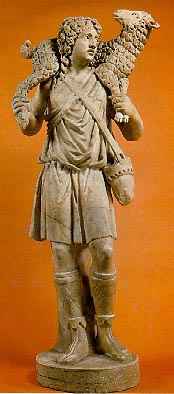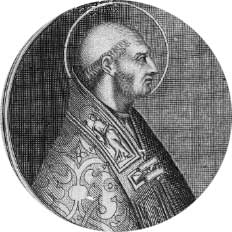The Holy Spirit, who the Father will send in My name, will teach you everything. (John 14:25)
These are the words of our Lord Jesus, to the Apostles, at the Last Supper. He was explaining to them what would happen after He ascended into heaven. [Spanish]
That was the beginning of the Catholic Church. The Lord Jesus had taught the Apostles many things while He was on the earth. He would teach them other things from heaven. As He promised, after He ascended, He sent the Holy Spirit to guide His Church.
In our first reading at Sunday Mass, from the Acts of Apostles, we read St. Luke’s account of the first Church Council. The situation was this: The Apostles had gone out from Jerusalem to preach the Gospel. In the surrounding countries, both Jews and non-Jews came to believe.
 Now, some of the first non-Jewish Christians had heard–from somebody–that they were supposed to keep the Law of Moses. The uncircumcised non-Jewish men, who feared God but also feared pain, were not sure that they wanted to. Baptized into Christ, yes. But minor surgery in a particularly sensitive area? Really?
Now, some of the first non-Jewish Christians had heard–from somebody–that they were supposed to keep the Law of Moses. The uncircumcised non-Jewish men, who feared God but also feared pain, were not sure that they wanted to. Baptized into Christ, yes. But minor surgery in a particularly sensitive area? Really?
So the Apostles gathered back together again in Jerusalem to try to deal with this honest question. They prayed and debated. Then the Council composed a letter, to be read aloud to confused Gentile Christians in Syria.
As it turned out, the uncircumcised men had nothing to fear. It is not the will of God that adult men who seek Baptism also have to be circumcised. It is not necessary. The Lord Jesus shed all the blood that needed to be shed.
Confusion had arisen because: Someone had told the Gentile converts otherwise. As we heard the Apostles’ letter say, “Some of our number went out without any mandate from us and upset you with their teachings and disturbed your peace of mind.”
This is a crucial sentence. The Apostles condemned those who taught their own doctrines without any mandate from us.
To teach the true religion, the religion of the Lord Jesus Christ himself–to teach God’s religion—that requires a mandate. No one can give himself authority to teach the Gospel or preside over the sacraments.
As the Lord Jesus explained, the Holy Spirit governs the Church. And He gives the mandate to teach and preside, through St. Peter and the Apostles, and their successors in office.

Now, a non-Catholic might say “Look here, popish brother. My mandate is this here Holy Bible.” Fair enough. We Catholics love the Bible, too.
But we reply, “Dear Brother, if you please: Open the Bible; give the New Testament a thorough read. Lord Jesus never handed anyone a book. He never handed anybody a Bible and said, “This is your mandate. Set up shop for yourself.” He never did that.
Christ chose His Apostles, consecrated them at the Last Supper, gave them the sacraments, and sent them on their mission. As the Apostles were performing their sacred mission, they wrote the New Testament. The Church came first, the written gospels second.
That said, the New Testament certainly remains our unfailing guide to the true doctrine which originated with Christ. Just like the New Testament would not exist, had not the Church written it, the Church cannot endure without constant, prayerful study of the New Testament. But without the living mission of the Church, the Bible is a dead letter. The New Testament is not an independent book. It is a family heirloom of the one, holy, catholic, and apostolic Church.
Maybe some will remember two seminarians we had here, back in the summers of 2013 and 2014. Excellent, inspiring young men. On Saturday, bishop will ordain them priests.
Kyle and Dan will become priests in a scandal-plagued Church. I did, too, sixteen years ago yesterday. Takes a certain kind of guts, to become a priest under these circumstances. Or a certain kind of faith. Or a certain kind of lunacy.
 We poor priests find ourselves caught between two poles. On the one hand, people who read widely know: the Catholic Church in the U.S. may not survive. The McCarrick Affair has destroyed what little trust we had in the hierarchy.
We poor priests find ourselves caught between two poles. On the one hand, people who read widely know: the Catholic Church in the U.S. may not survive. The McCarrick Affair has destroyed what little trust we had in the hierarchy.
One the other hand, our bishops and pope basically carry on as if we were at Situation Normal. ‘McCarrick? What McCarrick? What cover-up? What catastrophic betrayal of trust? Who? Us?’
God never promised that any particular parish, or diocese, or even whole nation of dioceses, would survive forever. But He did endow his one, holy, catholic, and apostolic Church with an indestructible center of gravity, which will survive until He comes again in glory.
The New Testament. Our Creed. Our sacraments. Our prayers. Our way of life, based on the Ten Commandments.
Back when I studied in the seminary, clinging to the basics of the faith was regarded as backwards, déclassé, retrograde. But I think time has proven the wisdom of clinging to the basics. For dear life.
Let’s cling. And march on.

 Blessed Mother received Christ with utter humility. She received Him on His terms, not hers. She trusted Him with her entire being, even at the moment of His death.
Blessed Mother received Christ with utter humility. She received Him on His terms, not hers. She trusted Him with her entire being, even at the moment of His death.
 Now, some of the first non-Jewish Christians had heard–from somebody–that they were supposed to keep the Law of Moses. The uncircumcised non-Jewish men, who feared God but also feared pain, were not sure that they wanted to. Baptized into Christ, yes. But minor surgery in a particularly sensitive area? Really?
Now, some of the first non-Jewish Christians had heard–from somebody–that they were supposed to keep the Law of Moses. The uncircumcised non-Jewish men, who feared God but also feared pain, were not sure that they wanted to. Baptized into Christ, yes. But minor surgery in a particularly sensitive area? Really?
 We poor priests find ourselves caught between two poles. On the one hand, people who read widely know: the Catholic Church in the U.S. may not survive. The McCarrick Affair has destroyed what little trust we had in the hierarchy.
We poor priests find ourselves caught between two poles. On the one hand, people who read widely know: the Catholic Church in the U.S. may not survive. The McCarrick Affair has destroyed what little trust we had in the hierarchy.
 Today, however—sixteen years later—I know different. We all know that anti-Catholicism does not explain the endless settlements paid by dioceses in sex-abuse cases.
Today, however—sixteen years later—I know different. We all know that anti-Catholicism does not explain the endless settlements paid by dioceses in sex-abuse cases. The world is old. Only God really knows just how old it is. There was a moment when God said, “Let there be light,” and it was “the beginning.” That was a long, long time ago.
The world is old. Only God really knows just how old it is. There was a moment when God said, “Let there be light,” and it was “the beginning.” That was a long, long time ago.

 …Why are we pro-life? Do we have a ‘religious conviction’ that life begins at conception? Actually, we have airtight scientific evidence that it does.
…Why are we pro-life? Do we have a ‘religious conviction’ that life begins at conception? Actually, we have airtight scientific evidence that it does.



 My sheep hear my voice, and they follow Me.
My sheep hear my voice, and they follow Me. 
 3. Our king. Here’s a quote from Pope St. Leo the Great: What indeed is as royal for a soul as to govern the body in obedience to God?
3. Our king. Here’s a quote from Pope St. Leo the Great: What indeed is as royal for a soul as to govern the body in obedience to God?